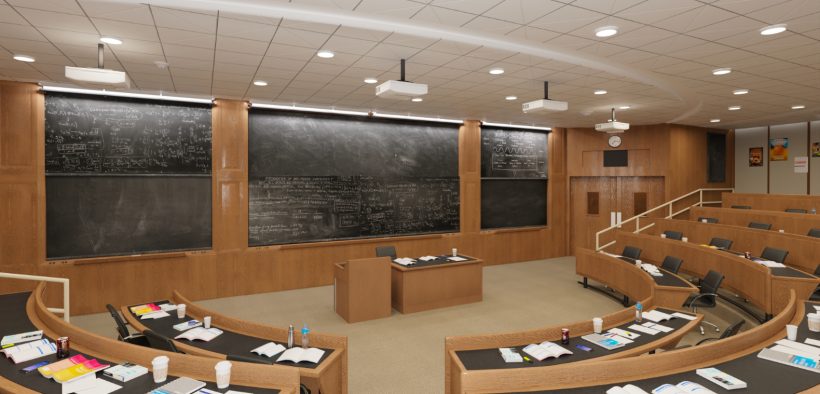No faculty member sets out to be a bad teacher—at least I hope not—but there are bad (or ineffective) teachers. I’m sure some of these faculty see teaching as an obligatory chore or are indifferent to whether students learn. Then there are those who want students to learn but have not yet figured out how to teach effectively. One root cause of ineffective teaching for all these groups may be faulty beliefs about teaching and learning. Normally, we focus on what the most effective teachers think and do, but it is equally important to identify and avoid harmful beliefs that undermine teaching success.
Nine Beliefs of Highly Ineffective Teachers

Related Articles
I have two loves: teaching and learning. Although I love them for different reasons, I’ve been passionate about...
Active learning is a mostly meaningless educational buzzword. It’s a feel-good, intuitively popular term that indicates concern for...
Perhaps the earliest introduction a student has with a course is the syllabus as it’s generally the first...
Generative AI allows instructors to create interactive, self-directed review activities for their courses. The beauty of these activities...
I’ve often felt that a teacher’s life is suspended, Janus-like, between past experiences and future hopes; it’s only...
I teach first-year writing at a small liberal arts college, and on the first day of class, I...
Proponents of rubrics champion them as a means of ensuring consistency in grading, not only between students within...








3 Responses
I find many of these beliefs in myself and fellow teachers. Thank you for outlining why the beliefs are wrong and what to do instead. The next generation of students deserves faculty who can stay up-to-date on effective pedagogy.
Excellent list of faulty beliefs, but those holding them are likely not reading this article (or The Teaching Professor at all). My experience is similar to yours- these faculty don’t see a need to improve their craft in the same way as their research. And until institutions (particularly R1and R2s) place a higher value on teaching in the RTP process, nothing will change- and students will continue to pay extremely high tuition for poor learning experiences. I would have liked to here what institutions should do about this problem.
Edit typo- (hear)